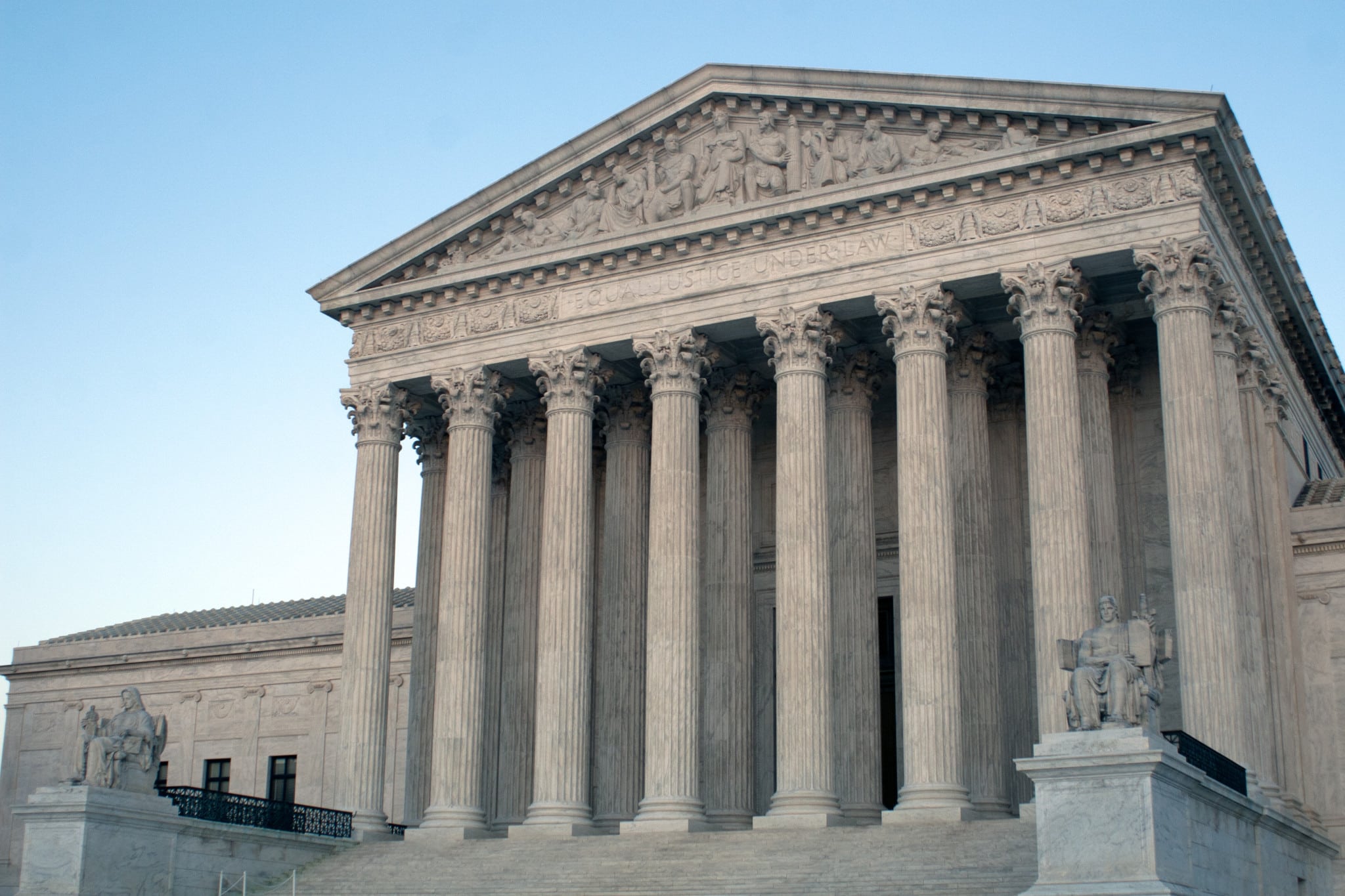
While the U.S. Supreme Court on Tuesday unanimously rejected a 2018 workers compensation law affecting nuclear cleanup personnel at the Department of Energy’s Hanford Site, a state official predicted a revised version of the law approved earlier this year will…